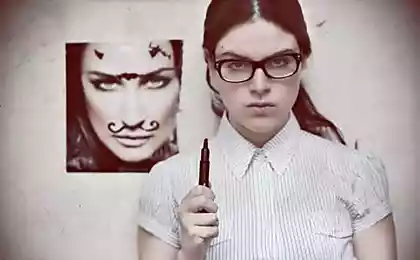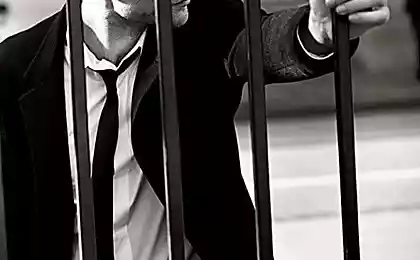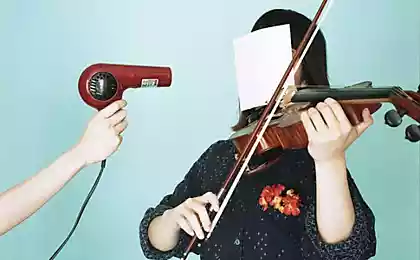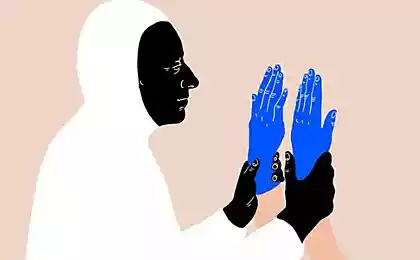194
8 Reasons Why You See Others’ Faults, Not Their Advantages
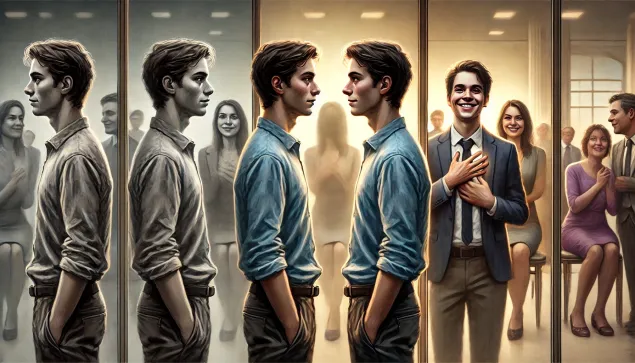
The mirror of our psychology
Noticing people’s shortcomings is a habit that many of us have noticed.
But why is this happening? Why our views are automatically fixed on what causes irritation or
Disagreement, not positive qualities? The answer lies in the subtle aspects of our psychology, experience, and social environment.
In this article, we will discuss eight main reasons why you may notice other people’s shortcomings more than their merits.
And what can be done to change that perception.
1. Evolutionary protection
Our brains are programmed to notice threats. Throughout human history, it has helped to survive.
Because recognizing danger in time was more important than judging someone's virtue. So we tend to be faster.
Notice the negative rather than the positive.
2. Education and environment
If you grew up in an environment where criticism took precedence over praise, then this pattern of behavior could become your norm.
We often adopt habits of communication and perception from parents or loved ones.
3. Low self-esteem
People with low self-esteem tend to project their inner fears and insecurity onto others.
Noticing the shortcomings of others, they unwittingly try to feel better, creating the illusion of superiority.
4. Cultural installations
Many cultures emphasize critical thinking, which often turns into hyper-criticism.
We are used to looking for errors and inconsistencies, which becomes our standard approach to analyzing other people.
5. Envy.
Envy can cause us to focus on the negative aspects of people, especially when we see them as the things we see.
That's what we're missing. Disadvantages become a way to reduce the importance of others in their eyes.
6. Unrealistic expectations
When we set too high standards for others, any deviation from them is perceived as a disadvantage.
It prevents us from seeing real people with their merits and uniqueness.
7. Lack of empathy
Empathy allows us to see the world through the eyes of another person. Without this ability, it's easy to focus on the mistakes of others.
Not thinking about the reasons for their behavior or the difficulties they face.
8. Comparison habit
Comparing yourself to others often leads to finding faults in others to justify your own feelings.
insolvency. This is a vicious cycle that only reinforces negative perceptions.
How do you change perception?
The habit of noticing flaws is not a sentence. Perception can be changed if you work on yourself and implement
A few simple practices:
- Develop empathy: Put yourself in other people’s shoes and understand their point of view.
- Focus on the positive: Consciously look for dignity in people and make it your habit.
- Work on your self-esteem: Accept your strengths and weaknesses to reduce the need
Criticizing others. - Stop comparing: Each person is unique, and your successes or shortcomings do not depend on others.
The Art of Seeing the Best
Noticing dignity in people is not only a way to improve relationships with others, but also a way to inner harmony.
Our views of others reflect how we feel within ourselves. Learn to see the good in people and you will begin to notice.
More good things in your life.
The world is not perfect, but it has enough beauty to inspire us every day. Remember that the next time.
You'll catch yourself thinking about someone's flaw. Each of us has a unique bright side.
© 2024, Bashny.net. All rights reserved.
3 rules to follow when discussing controversial topics
9 things to do if someone tries to undermine your authority

